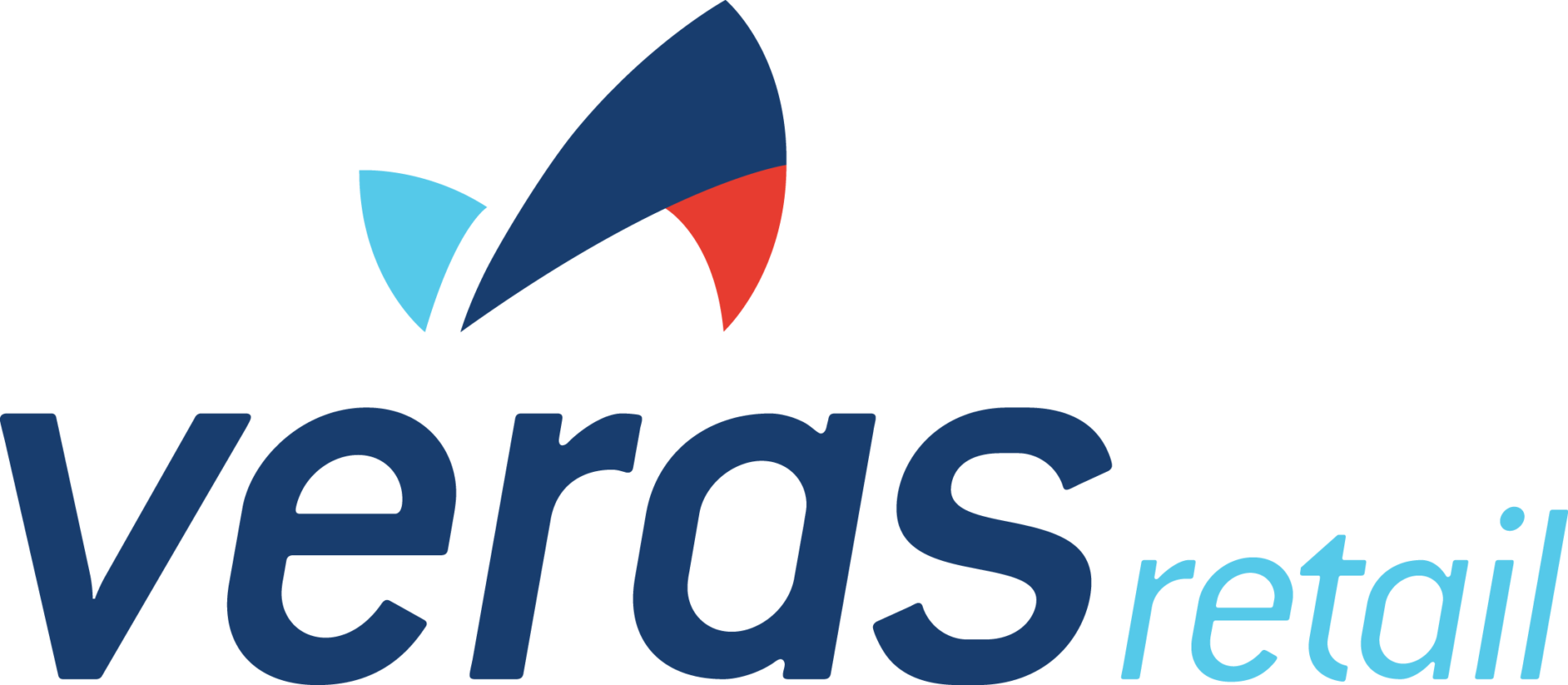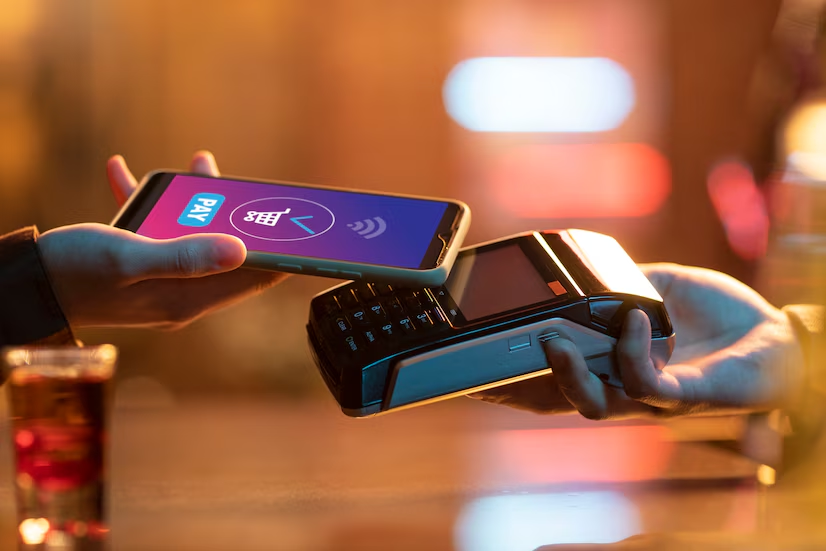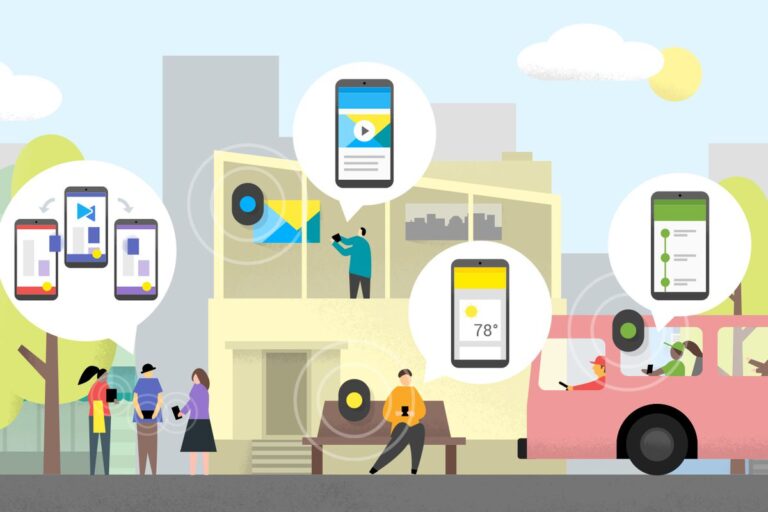In retail, seamless customer experiences hinge on frictionless transactions. Shoppers’ expectations are soaring, and now this quest for fluid experiences is redefining the very core of how businesses handle cash. Gone are the days when payment processing stood alone; today’s retail payments demand interconnectivity to tie every sale into your operation.
Cutting-edge Integrated payments solutions do precisely that, linking your point of sale, inventory, accounting, and CRM into one unified flow. A recent report by PYMNTS reveals that 81% of small to mid-sized businesses in the US are open to adopting integrated payments to minimize gaps in their existing infrastructure.
Discover why hyperconnectivity in payment systems is a critical necessity for any retailer seeking superior customer service and sustained growth.
What Are Integrated Payments?
Integrated payments connect a retailer’s payment processing directly with its other business systems, such as point-of-sale (POS) systems, inventory management, accounting, and customer data, to create a unified ecosystem.
When a customer pays, the sale is logged automatically across all channels. Inventory levels adjust in real-time, and accounting records update immediately. Without this connectivity, staff would have to enter or reconcile each transaction manually, which is both slow and prone to error.
Integrated payments solutions automate these workflows. No more manual data entry means reduced mistakes and accurate, up-to-date financial and operational data. With this consolidated, real-time view of sales and inventory, retailers can maintain agile and efficient operations.
Why Integrated Payments Are Essential for Retail Success
For a modern retail business, the benefits of integrated retail payments are foundational for driving success across multiple fronts:
Operational Efficiency and Automation
Integrated payments automate bookkeeping. When a sale is made, inventory levels are updated instantly, sales data is transmitted directly into the accounting software, and customer loyalty points are applied automatically.
All transaction data is auto-captured and reconciled within a single system, hence saving staff time on reconciliation and dramatically reducing human error. It also frees teams from tedious paperwork and allows them to focus on core business tasks.
Better CX (Customer Experience)
Fast, frictionless checkout is a must for today’s shoppers. Consumer surveys show long lines drive customers away (Waltwhile, 2024). Moreover, the vast majority of shoppers prefer mobile payment solutions when making purchases (NRF, via Wayback Machine).
Integrated omnichannel solutions speed up checkout by including contactless or self-checkout options, and enable line-busting (staff using tablets or phones to ring up sales anywhere via mPOS), so customers spend less time in line. With payment steps automated in the background, staff can give each customer more personal attention and drive higher satisfaction rates.
Read More: Omnichannel Retail POS For Superior CX: Meet Shoppers’ Demands
Real-Time Data
With every transaction instantly recorded and synchronized across systems, retailers gain immediate access to vital business intelligence and can track trends live. Dashboards can display best-selling items, peak purchase times, and customer spending habits—data that can be used to adjust orders, staffing, and promotions on the fly rather than waiting days to reconcile batches of receipts.
Improved Data Security
Integrated systems transmit card data directly from the POS to the gateway/processor, hence minimising data-handling points and exposure. Since there are fewer opportunities for bad actors to intercept information, the risk of a data leak is reduced.
Integrated platforms also include built-in encryption (scrambling card data from the moment of the capture), tokenization (substituting a random token for the card number), and fraud monitoring tools, helping retailers stay PCI-compliant by design.
Put simply, integrated payments protect customer data and reduce the merchant’s compliance burden, which not only avoids costly fines but also fosters trust among digitally savvy consumers.
Scalability for Growth
As a retail business expands (with more store locations, additional channels, and higher transaction volumes), so do integrated payment solutions. They can handle increased sales loads and easily add new payment methods, such as gift cards, digital wallets, and installment plans (Buy Now, Pay Later), without requiring a costly system overhaul.
Because everything is on one platform, adding a new online e-commerce store or pop-up kiosk would involve connecting that POS front-end, while backend reconciliation remains automatic.
Personalization and Loyalty
With integrated payments comes richer customer data; data that retailers can put to use for marketing and loyalty programs. As each transaction is logged in the CRM, purchases can be tied to profiles. Over time, the retailer learns who’s buying what and can send targeted coupons or run tailored promotions. Such insight-driven personalization is crucial to transforming one-time shoppers into loyal, repeat customers.
Incorporate Secure, Seamless Retail Payments with Veras Retail
We’ve discussed how integrated payments solutions are fundamental for successful retail. And when it comes to advanced, integrated retail systems, Veras Retail ensures retailers get the flexibility and security of a modern digital payment system without any extra headaches. Our clients enjoy all the benefits of advanced payment technologies, such as easy omnichannel checkouts and automated backends. At the same time, the heavy lifting of encryption and PCI compliance is taken care of by our leading payment partners behind the scenes.
The benefits to merchants are twofold: first, the fact that sensitive payment info is never directly accessed dramatically reduces the burden of compliance. Second, it enables us to deploy software releases more quickly and facilitate continuous innovation. Even with this separation of duties, the checkout experience remains entirely unified. Veras CheckOut and Extend work seamlessly across in-store and online channels, providing customers with a single, secure checkout flow regardless of their payment method, whether by card, wallet, or other options.
FAQ
1. What is the main difference between integrated and non-integrated payment systems?
Integrated payments seamlessly connect your systems, automating data flow and speeding checkout across various touchpoints. Non-integrated, siloed systems are manual, slow, and prone to errors, resulting in significant inefficiencies for retail payments. While standalone payment terminals can work for very small or low-risk retailers, a unified system is clearly the superior choice for accuracy, efficiency, and scalability.
2. What are the key components that make up a robust retail payment system?
Robust integrated payment solutions are built on several core components: the payment gateway securely transmits data, and the payment processor routes and authorizes transactions with financial institutions. The point-of-sale (POS) system serves as the central interface for all sales transactions. APIs and plugins facilitate data flow across all connected retail management systems, while advanced security features, including encryption and tokenization, safeguard sensitive data. Notably, omnichannel capabilities ensure a consistent customer experience across all sales channels.
3. What should a retail business consider when choosing a unified payment solution?
Security and compliance, of course, should be of utmost importance. Ensure integration with your existing POS systems and other retail technologies like inventory or CRM. Evaluate scalability for future growth and support for diverse payment methods. Continually assess costs, vendor reliability, and ongoing support.
4. How can integrated payments help retailers manage and reduce chargebacks?
Integrated solutions provide detailed transaction data and incorporate robust fraud-detection rules, minimising disputes. Better data, coupled with secure processes like EMV, reduces the likelihood of counterfeit card fraud and fraudulent chargebacks for retailers.
5. What is Veras Retail’s core focus, and how do they benefit retailers?
Veras Retail specializes in perfecting the in-store connection through enterprise-grade retail technology. We provide agile, cost-effective POS solutions and expert retail management tools, enabling omnichannel experiences and faster speed-to-market for complex retail business needs.




